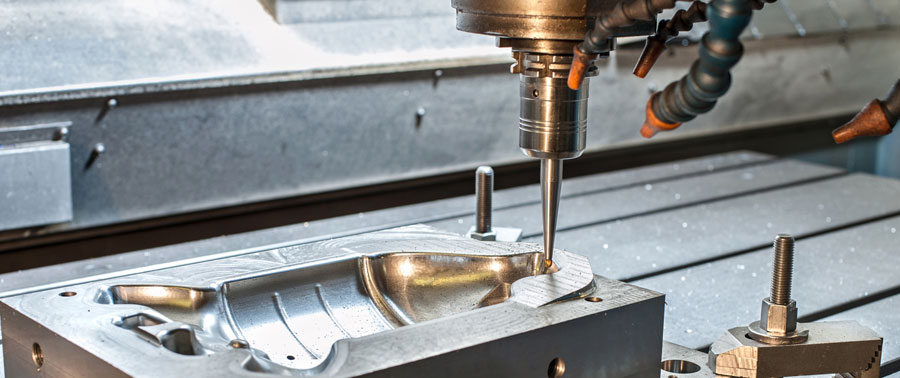In the world of manufacturing, the quest for precision and efficiency has always been a driving force. Industries rely on cutting-edge technologies and innovative processes to stay ahead in today’s competitive landscape. One such technology that has gained significant attention is machined casting. With its ability to combine the strength and durability of castings with the precision of machining, machined castings have revolutionized the manufacturing industry.
What is Machined Casting?
Machined casting is a manufacturing process that involves shaping a metal or alloy into a desired form, followed by machining it to achieve the desired level of precision. Traditional casting processes, while effective, often result in parts with inconsistent dimensions and surface finishes. Machined casting overcomes these limitations by combining the benefits of both casting and machining.
The Process of Machined Casting:
The process of machined casting begins with the creation of a pattern or mold. This pattern is used to make a replica of the desired part using molten metal or alloy. The casting is then allowed to cool and solidify, forming a rough shape. Unlike traditional casting, the next step involves machining the casting to remove excess material and refine the dimensions to the required specifications. This machining step is performed using advanced CNC (Computer Numerical Control) machines that ensure high precision and accuracy.
Advantages of Machined Casting:
1. Precision: Machined castings offer a level of precision that is difficult to achieve through traditional casting methods. By removing excess material through machining, manufacturers can produce parts with tight tolerances and precise dimensions.
2. Efficiency: Machined casting eliminates the need for multiple manufacturing processes. By combining casting and machining into a single process, manufacturers can save time and reduce production costs.
3. Strength and Durability: Machined castings possess the strength and durability associated with traditional castings. The initial casting process ensures that the part retains its structural integrity, while the machining process enhances its precision and surface finish.
4. Complex Geometries: Machined casting allows for the production of parts with complex geometries that are otherwise difficult to achieve through traditional machining processes. This opens up new possibilities for design and innovation in various industries.
Applications of Machined Casting:
Machined casting finds applications in a wide range of industries, including automotive, aerospace, defense, and energy. In the automotive industry, machined castings are used for engine components, transmission housings, and suspension parts. In the aerospace industry, they are utilized for turbine blades, engine casings, and structural components. The defense industry relies on machined castings for artillery parts, vehicle components, and weapon systems. Additionally, the energy sector benefits from machined castings in the production of turbine blades, valves, and pump components.
Conclusion:
Machined casting has emerged as a game-changer in the manufacturing industry, revolutionizing the way parts and components are produced. Its ability to combine the strength and durability of castings with the precision of machining offers a range of benefits, including enhanced precision, increased efficiency, and the production of complex geometries. As industries continue to seek innovative solutions to improve manufacturing processes, machined casting is poised to play a significant role in shaping the future of precision manufacturing.
-

- Magnesium alloy die-casting parts&components for e-bike
-

- OEM die-casting components & parts
-

- Литой под давлением сплав марганца Thixomolding шлем
-

- Высокоточные компоненты тиксомолдинга из магния крышка корпуса ноутбука A
-

- Customized die-casting parts&components
-

- Корпус силового теста из магниевого сплава Thixomolding

 0086-750-5616188
0086-750-5616188 +86 13392089688
+86 13392089688 sales@zhongmei-tech.com
sales@zhongmei-tech.com








